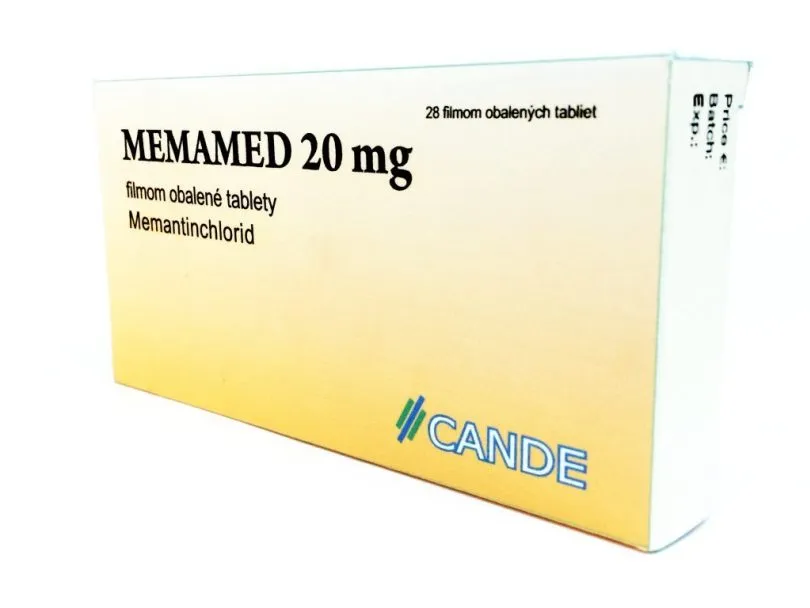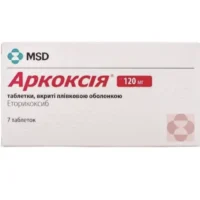Description
Memamed (Memantine) Coated Tablets 20 mg. №30
Ingredients:
- Each coated tablet contains 20 mg of memantine hydrochloride.
Dosage:
- The recommended dosage is one 20 mg coated tablet daily, taken with or without food.
Indications:
- Memamed (memantine) is indicated for the treatment of moderate to severe Alzheimer’s disease.
Contraindications:
- Do not use Memamed if you are allergic to memantine or any other ingredients in the product.
Directions:
- Swallow the tablet whole with a glass of water. Do not crush, chew, or break the tablet.
Scientific Evidence:
Memamed (memantine) works by regulating the activity of glutamate, a neurotransmitter involved in learning and memory. It acts as a moderate-affinity uncompetitive antagonist at NMDA receptors, which are thought to play a role in the pathophysiology of Alzheimer’s disease.
Several studies have demonstrated the efficacy of memantine in improving cognitive function and slowing the progression of Alzheimer’s disease. A meta-analysis published in the Journal of Alzheimer’s Disease showed that memantine treatment was associated with significant improvements in cognitive function and activities of daily living in patients with moderate to severe Alzheimer’s disease.
Additional Information:
- Memamed (memantine) coated tablets have been well-tolerated in clinical trials, with common side effects including dizziness, headache, and constipation.
- It is important to follow the prescribed dosage and consult a healthcare provider before starting or stopping this medication.
- Patients should be monitored regularly while taking Memamed to assess its effectiveness and any potential side effects.
- It is essential to inform the healthcare provider about any other medications or supplements being taken to avoid interactions.





